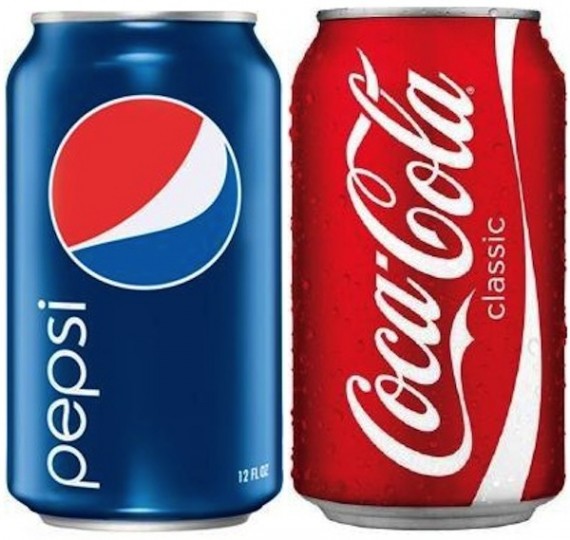Soda Jerks

Carbonated water. High fructose corn syrup. Caramel color. Phosphoric acid. Natural flavors. Caffeine. If you are in the United States and look at the side of a can of Coca-Cola, that’s what you’ll see listed under “Ingredients.” But it won’t get you very far if you’re trying to make some bootleg Coke at home. For its century-plus history, Coke’s formula has been a guarded trade secret. And in general, Coke has been effective in keeping its secrets secret. Over the years, many different people in many different capacities have done their part to ensure that Coca-Cola’s trade secrets and formulas remain out of the hands of both the public and the competition.
Including Pepsi.
In 2006, the FBI announced the arrest of three people who, allegedly, attempted to sell a secret formula which was purportedly for a new drink. The trio attempted to broker the sale of “an envelope containing documents and a glass bottle containing a liquid sample,” per the BBC, which together, they claimed, would give the buyer the ability to replicate one of Coke’s products. Their asking price — low seven figures — priced most individuals out of the market. The most obvious potential customer was Pepsi, given the relatively tiny universe of cola producers. So they approached Pepsi, expecting a large check. And they were correct — a few weeks later, the suspects received an offer of $1.5 million — even going so far as to open a special bank account for the incoming cash. The only problem? The money wasn’t coming from Pepsi — it was coming from the FBI. Pepsi had turned the scammers in.
Working from Pepsi’s tip, the FBI was able to foil the scheme — a scheme which Coca-Cola’s CEO notes “included an individual within [the Coca-Cola] Company,” per CNN. The secret formula for Coke itself was apparently never at risk, but other information likely was. Despite the advantages that the information would have likely provided to Pepsi, their executives did the right (and probably only legal) thing by assisting law enforcement instead of the information thieves A Pepsi spokesperson told the media that the company “did what any responsible company would do. Competition can be fierce, but it must also be fair and legal.”
Bonus fact: According to Beverage Digest (pdf), a publication which (no shock here) monitors the beverage industry, Coca-Cola was the highest selling soda in the U.S. in 2010, with over 1.5 billion cases shipped. Number two wasn’t Pepsi though. Only about 890 million cases of Pepsi sold that year. Number two, with 926 million cases sold, was Diet Coke.
From the Archives: Mice Cold Soda: Something you may not want to know about Mountain Dew (which Pepsi owns, and, by the way, was the fourth highest seller in 2010).
Related: Pepsi syrup, which can apparently be used (with some work) with an in-home carbonator like a SodaStream.
